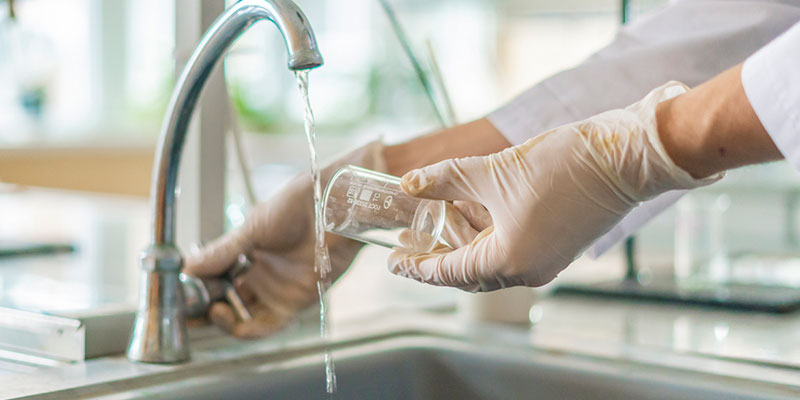If the fact that the two main brands of bottled water each have sales in excess of $1 billion each year is any indication, most Americans do not have faith in the quality of their drinking water. Whether it is the taste that is unappealing or concerns over what is in their tap water, the consumption of bottled water is growing every year. There are many things people are finding undesirable about bottled water. First is the impact all that plastic has on our environment. Second is that the quality of bottled water is not what most people assume. Many consumers assume bottled water is of higher quality than tap water and is safer. This is just not the case. Bottled water has no federal regulations placed on it and does not have to be tested. In addition, have you ever thought about the chemicals that are leaching into the water from the bottle?

If these are thoughts that you have had, it might interest you to know that often the water in your home is safer than you might think. In fact, it may need minimal water treatment equipment to make it free of contaminants and delicious. The only way to know for sure is with comprehensive water testing and this goes for both municipal water and well water sources.
Water testing will tell you what contaminants are making your water less than palatable and perhaps even unsafe. When you think about it, water testing is critical even if you were to choose to continue with bottled water because you also shower in it, wash your clothes in it, and probably use it for cooking – none of which are easy to do with bottled water.
Here’s the best news – you can get water testing done very affordably. In fact, it’s free! Just call us at Progressive Water Solutions LLC if you are in the Durham, North Carolina area and beyond, and we’ll come to your home and perform water testing at no charge to you. Then if you would like, we can provide you with options and recommendations for making your water safe and healthy.

